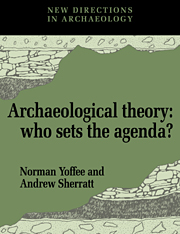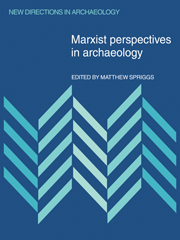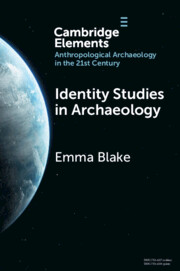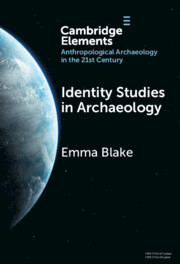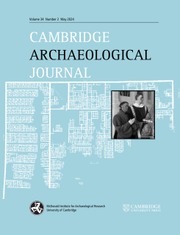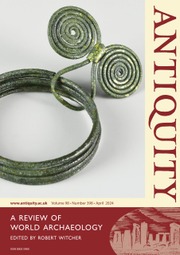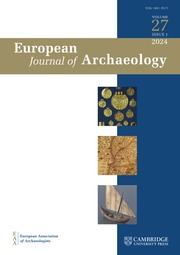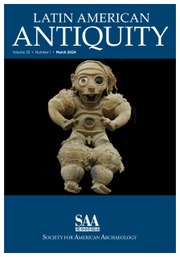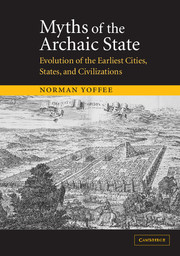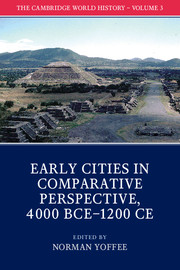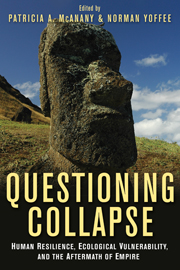Archaeological Theory
This volume assesses the real achievements of archaeology in increasing an understanding of the past. Without rejecting the insights either of traditional or more recent approaches, it considers the issues raised in current claims and controversies about what is appropriate theory for archaeology. The first section looks at the process of theory building and at the sources of the ideas employed. The following studies examine questions such as the interplay between expectation and evidence in ideas of human origins, social role and material practice in the formation of the archaeological record, and how the rise of states should be conceptualised; further papers cover issues of ethnoarchaeology, visual symbols, and conflicting claims to ownership of the past. The conclusion is that archaeologists need to be equally wary of naive positivism in the guise of scientific procedure, and of speculation about the unrecorded intentions of prehistoric actors.
- One of the only state-of-the art critiques on current trends in archaeology
- A timely, controversial collection which should arouse much interest
- Professionally recognised contributors, and edited by two members of the series board
Reviews & endorsements
'I recommend this provocative volume, in which I found much to think about, not least Sherratt's plea that archaeologists - not the media, tour managers or politicians - should be the ones who set the agenda.' Nick Saunders, New Scientist
Product details
March 2011Adobe eBook Reader
9780511882661
0 pages
0kg
14 b/w illus.
This ISBN is for an eBook version which is distributed on our behalf by a third party.
Table of Contents
- Introduction: The sources of archaeological theory Norman Yoffee, and Andrew Sherratt
- Part I. The Social Context of Archaeological Theory:
- 1. Limits to a post-processual archaeology (or The dangers of a new scholasticism) Philip L. Kohl
- 2. A proliferation of new archaeologists 'Beyond objectivism and relativism' Alison Wylie
- 3. Ambition, deference, discrepancy, consumption
- the intellectual background to a post-processual archaeology Christopher Chippendale
- Part II. Archaeological Theory from the Paleolithic to the State:
- 4. Ancestors and agendas Clive Gamble
- 5. After social evolution: a new archaeological agenda? Stephen Shennan
- 6. Too many chiefs? (or, Safe texts for the 90s) Norman Yoffee
- Part III. Case-Studies in Archaeological Theory and Practice
- 7. When is a symbol archaeologically meaningful? Meaning, function and prehistoric visual arts Kelley Hays
- 8. Re-fitting the 'cracked and broken facade': the case for empiricism in post-processual ethnoarchaeology Miriam Start
- 9. Communication and the importance of disciplinary communities: who owns the past? Tim Murray
- Part IV. Postscript and Epilogue:
- 10. The relativity of theory Andrew Sherratt
- 11. Archaeology: the loss of nerve Richard Bradley.

